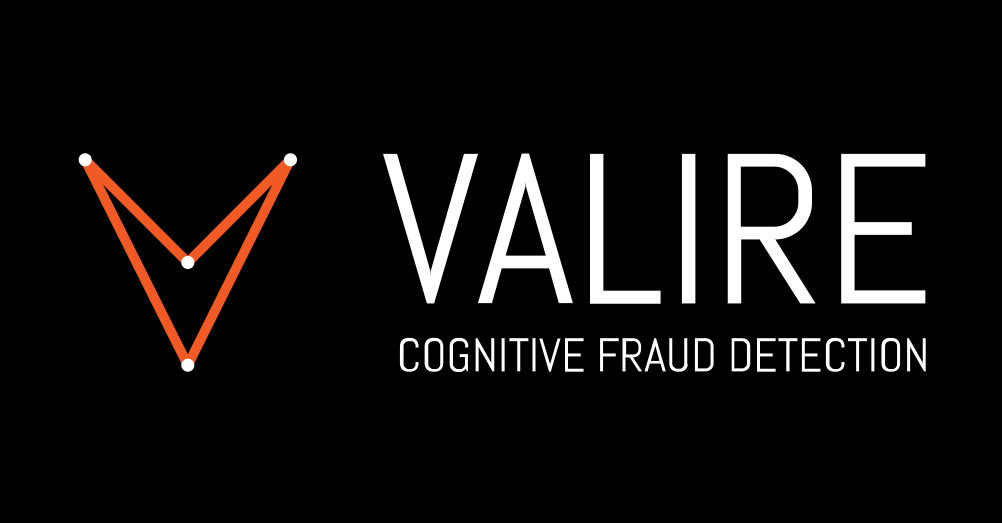Valire
Valire system, continuously monitoring and analyzing each and every business process instance to reveal fraudulent attempts in real-time. Valire system, deployed and configured in any company in a matter of few weeks, safeguard business integrity 24/7, alert on specific fraud instances in real-time to protect enterprise’s assets and reputation.
Description
Founded on the primary notion of imitating human reasoning and derived from a mix of cognitive research, the idea of cognitive computing, as well as its uses, will undoubtedly have far-reaching implications not just in our personal lives but also in businesses such as healthcare, banking, insurance, and more. Cognitive technology’s benefits go much beyond those of traditional AI.
Cognitive computing is an area of artificial intelligence that uses self-learning algorithms to replicate human cognition in machines via natural language processing, pattern recognition, and data mining.
While artificial intelligence’s primary use case is to execute the optimal algorithm to solve a problem, cognitive computing takes it a step further by analyzing several aspects to replicate human wisdom and intelligence.
Different Types of Cognitive Computing:
- Interactive
- Cognitive machines rely heavily on human-computer interaction. Users engage with cognitive algorithms and establish parameters, which vary over time. Other gadgets, cloud platforms, and processors are all interacting with the technology.
- Adaptive
- Cognitive systems must be able to cope with a constant stream of new data and information to achieve a shifting set of objectives. The systems analyze volatile data in real-time and adapt to the environment and surrounding data requirements.
- Contextual
- Contextual data like domain, time, requirements, location, or user information must be identified, understood, and mined by cognitive computing systems. They may use a variety of data sources, such as aural, optical, and sensor data, along with structured and unstructured data.
- Iterative
- If a preset inquiry is imprecise or unclear, cognitive computing systems identify difficulties by providing inquiries or bringing in additional data. This is made feasible by technology, which stores information about linked occurrences and probable scenarios.
How Cognitive Computing Is Shaping How We Develop Software
Cognitive computing employs technologies such as machine learning and signal processing to make human interaction easier. Consider the last time you interacted with a customer service bot or used a personal virtual assistant such as Siri or Alexa to perform a task. Although they are helpful, pre-programmed answers frequently limit interaction.
The subject of cognitive computing, on the other hand, is rapidly evolving, with innovative uses in business, healthcare, and even education. Cognitive computing has also emerged in the field of internal fraud detection and fraud prevention, with Valire Software being an exclusive provider.





 ...[Read More]
...[Read More]